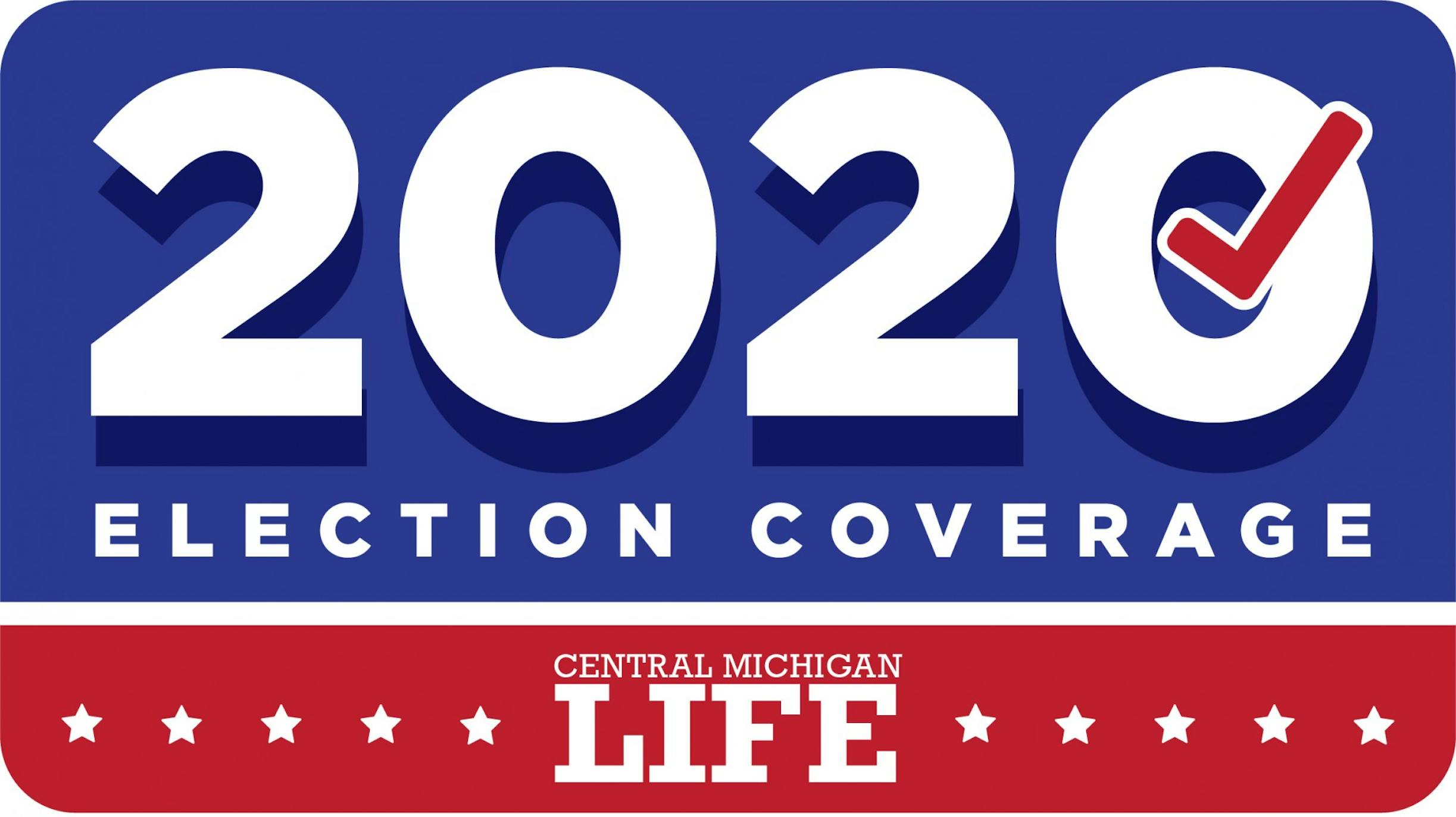Q&A: CMU alumnus directing Vice Presidential Debate tonight

Courtesy Photo: Brett Holey on the set of tonight's Vice Presidential Debate at about 1:30 p.m. on Oct. 7

Central Michigan University alumnus Brett Holey will be directing the Vice Presidential debate at 9 p.m. tonight in Salt Lake City, Utah.
Since graduating in 1982, Holey worked his way to becoming the senior director for NBC News. While at CMU, he studied Broadcast and Cinematic Arts with an art minor. He worked with Moore Hall Television, Moore Hall radio and WCMU Public Media for both TV and radio.
Holey has earned professional awards including 13 Emmy Awards, 11 Edward R. Murrow Awards and two DuPont Columbia Awards.
Central Michigan Life asked Holey about his job and what viewers can expect from the debate.
CM Life: How did you get this opportunity?
I’m the senior director for NBC News, where I’ve worked for over 24 years. It is part of my job to direct coverage of special events and politics. I’m directing what’s called the 'pool' coverage for the Vice Presidential debate. The big networks share resources on these major events. We essentially take turns, with one network taking responsibility for the primary camera coverage and distributing it to the others. I’ll be calling the shots on this one.
What does the average workday look like for you?
One of the great things about my job is that no two days are alike. Out here in Utah, my day includes overseeing the technical and aesthetic set up for the coverage of the event along with my colleague Neil O’Brien, who is the pool producer. We coordinate, and at times negotiate, how things will be covered with the Commission on Presidential Debates - the group that brings the event together. We then put those plans into action and communicate what’s happening to the other networks. We also have a lot of dealings with the host venue, which in this case is the University of Utah. They are terrific and of course, just like there at CMU, everything has the added challenge of keeping people safe in the middle of a pandemic.
How do networks get the opportunity to host debates like this one? What goes into deciding who networks?
As I mentioned, the US TV Pool, which includes NBC, MSNBC, ABC, CBS, CNN and Fox News, all cooperate with each other to provide coverage of events like this. We also make the feeds available to other media outlets for a fee. At the beginning of a political season, we literally draw numbers out of a hat. The lowest number picks what they want to cover first and so on until the responsibility for each of the events has been delegated.
What do you expect from the debate? What can viewers anticipate?
I am hopeful that it will be a substantive discussion of the issues that will help voters who haven’t made up their minds learn more about the campaigns and candidates. A lot of people have high expectations for the event. Just this morning, the noted presidential historian Michael Beschloss said, "Vice presidential debates oftentimes get a lot of attention at the moment, and then a few days later they're forgotten." This year, it may be different."
What did you learn at Central Michigan University that helped you be in this position?
I was involved in television production before I even started classes at CMU and there were basic lessons that I learned then that still help me today. In my first days in Mount Pleasant, we built a remote truck by signing out video equipment from the Park Library and wiring it together to make my instructor Bob Braunlich’s Ford van into a temporary remote truck that we used to cover CMU Football. I’m writing this to you from a state-of-the-art, multimillion-dollar remote truck that has been used to cover events like the Super Bowl and World Series. The basic concept of this truck is the same as it was in Bob’s van. It’s a much bigger stage, but the basic rules apply.
How can people tune into the debate? Will it be streamed on YouTube and/or other streaming platforms?
The debate will be carried on all major broadcast networks and cable news networks. Unlike primary debates, this is carried everywhere. It will be streamed on many platforms, including Peacock and NBC News Now. Two little things to know -- most of the major networks take the close up cameras and sit on them in a split-screen for 90 percent of the night. Most of what I’ll be doing will probably be seen on CSPAN and a few other outputs and will be the record of the event that most news organizations will keep for posterity.





